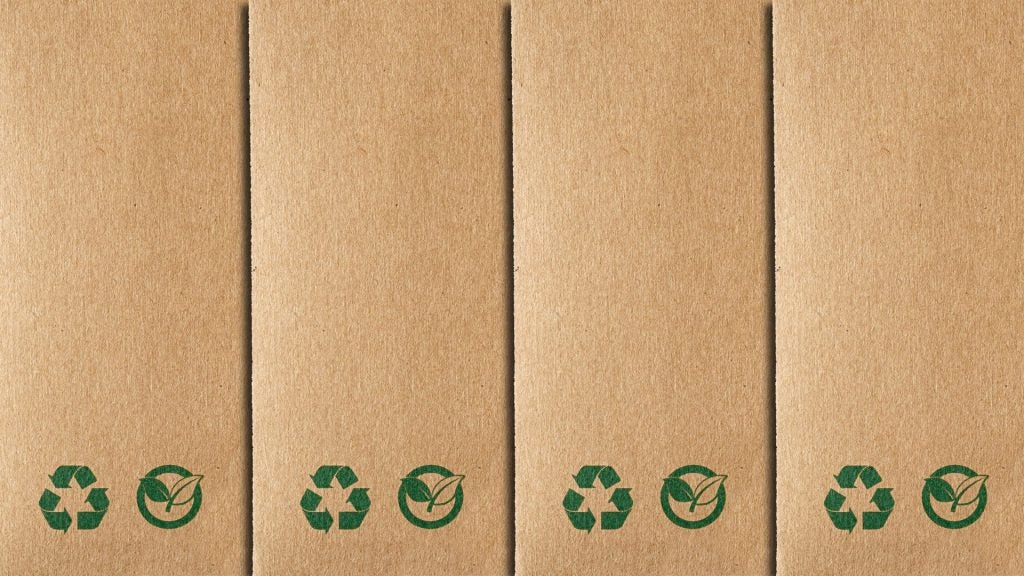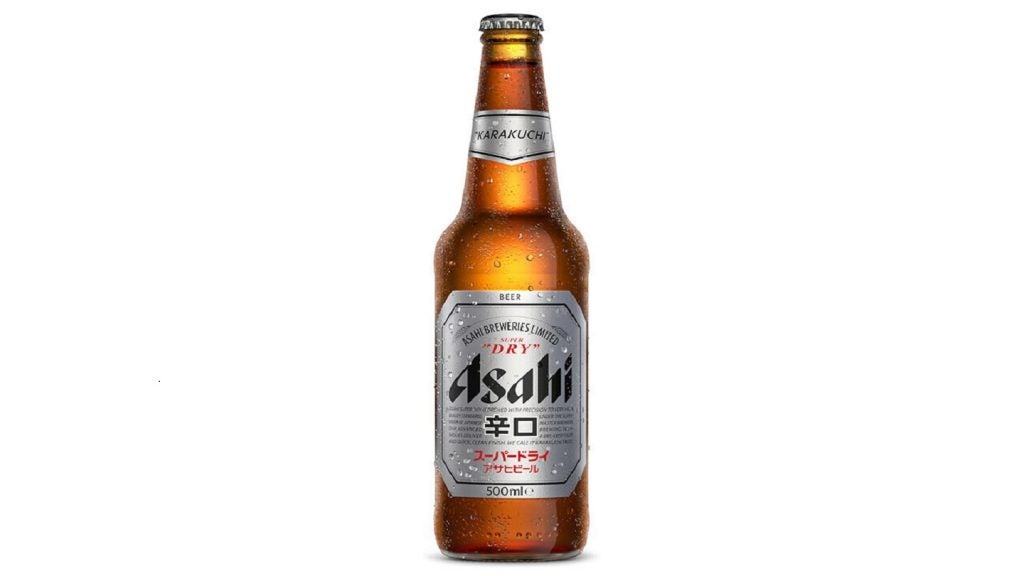Plant-based packaging company goodnatured has released a Sustainability Guide Book to provide advice for US businesses looking to switch to eco-friendly packaging.
goodnatured CEO Paul Antoniadis affirms that "there is no single solution for what makes packaging sustainable,” but that understanding what options exist is the first step.
Clearing up sustainable packaging regulations
Changes in sustainable packaging regulations are an undeniable headache, but goodnatured explains that they can be broken down into two categories: material-based or waste management-based.
Material-based regulations cover:
- Bio-based materials
- Recycled content
- Safer chemicals
Waste management-based regulations include:
- Infrastructure advancements
- Reuse, recycling, compost
- Hard-to-recycle plastics
For companies based in the US, the guide advises that focusing on California and Washington regulations can provide a forecast for broader packaging directives to follow. For example, California is set to enforce food packaging and paper straw manufacturers to disclose per and polyfluoroalkyl substances content in their products.
Food packaging advice
The guide emphasises the importance of functionality for food packaging. This means that it should have good oxygen and moisture barriers, tamper-evident seals and re-closable lids for smaller servings.
But this doesn’t come at the expense of aesthetics, as consumers will naturally be more likely to purchase a well-presented product.
Visibility can also play an important role, as 86% of consumers are reportedly more likely to buy a product if they can see it first. This is achieved by using transparent packaging materials.
goodnatured’s “Packaging Nirvana” combines leak-resistant, crush-proof and stackable properties.
Taking part in the sustainable revolution
The goodnatured guide highlights a general lack of reliable technologies at recycling facilities which leads to waste.
But companies can do their bit to simplify packaging disposal by keeping material choices as clean as possible.
Other hidden environmental costs can be reduced by near-sourcing packaging materials, which has the added benefit of shorter lead times.
goodnatured confirms that companies investing in sustainability and transparency will be rewarded. Taking baby steps such as choosing a single product to repackage sustainably is also better than no progress at all.














